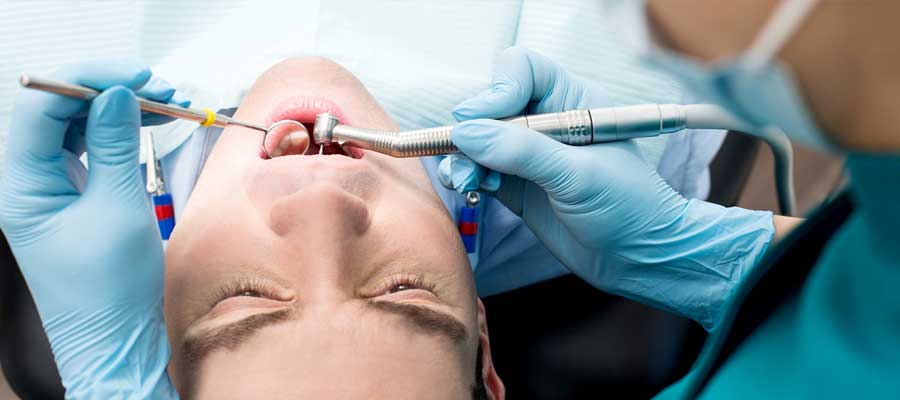Good Oral Health Habits

Surprisingly, good oral health is not just about your teeth and gums. The latest research has linked poor oral health to developing or contributing to a variety of different physical health conditions. In addition, it has also been associated with cognitive degenerative conditions such as dementia. But what is even more surprising is how few people take their oral health seriously and neglect to take good care of their teeth and gums.
Below are 4 good oral health habits for better overall health and wellbeing:
1. Make It A Habit
Good oral health habits are formed at an early age. Learning to care for your teeth from the moment the first tooth appears (at about 6 months of age) is essential. That first visit to the dentist at the age of around 1 year sets a precedent and provides the necessary knowledge for parents and children to learn how to care for their teeth properly from the start. Research shows that children who visit the dentist early on are less likely to develop dentophobia (fear of the dentist) which an estimated 75% of American adults suffer from. It is recommended that a child visit the dentist at least once a year.
2. The Best Oral Health Routine
You should brush your teeth at least once a day although twice a day is preferable – in the morning and at night. Avoid hard toothbrushes and opt for a soft bristle option. Use toothpaste and a toothbrush that is recommended by your dentist. Electric toothbrushes are more effective, even for kids. Brush for a minimum of two minutes ensuring that each tooth gets the attention it deserves.
Floss before or after brushing once a day. The floss should reach below the gum-line and between the teeth. Remember to also floss between the gum and the tooth right at the back of the mouth. Rinse your mouth well with clean water after brushing and flossing. You can complete your oral health routine by rinsing with mouth wash for an extra clean feel. If you aren’t sure about the correct way to brush your teeth and floss, ask your dentist.
3. Rinsing
The warm, moist environment of the mouth provides the ideal habitat for bacteria to thrive plus it offers a constant supply of their preferred food – sugar. Simply rinsing your mouth with water after eating or drinking can help eliminate this primary food source and the bacteria. You can also use an anti-bacterial, sugar-free mouthwash for an additional cleaning boost after meals or beverages.
4. Hydrate
After sugar and bacteria, acid is the next big enemy of healthy teeth. Drinking plenty of water throughout the day (8 glasses is recommended) will reduce the acidity in your mouth and your body while rinsing away acid that eats away at the protective layer of enamel on your teeth. Avoid flavored water and forego that slice of lemon or twist of lime. Staying hydrated will also help prevent dry mouth which can result in bad breath and other oral health problems.
You should visit your dentist on a yearly basis for a check-up and to have your teeth professionally cleaned for even better oral health.
Category
- About Invisalign and Braces in Pembroke Pines
- About Wisdom Teeth in Pembroke Pines
- Cosmetic Dentistry in Pembroke Pines
- Dental Exams And Cleanings in Pembroke Pines
- Dentist of Pines
- Family Dentistry Services in Pembroke Pines
- Mouthguards and Similar Devices in Pembroke Pines
- Orthodontics or Dentistry in Pembroke Pines
- Pembroke Pines Dental Solutions
- Root Canal Facts & Info in Pembroke Pines

